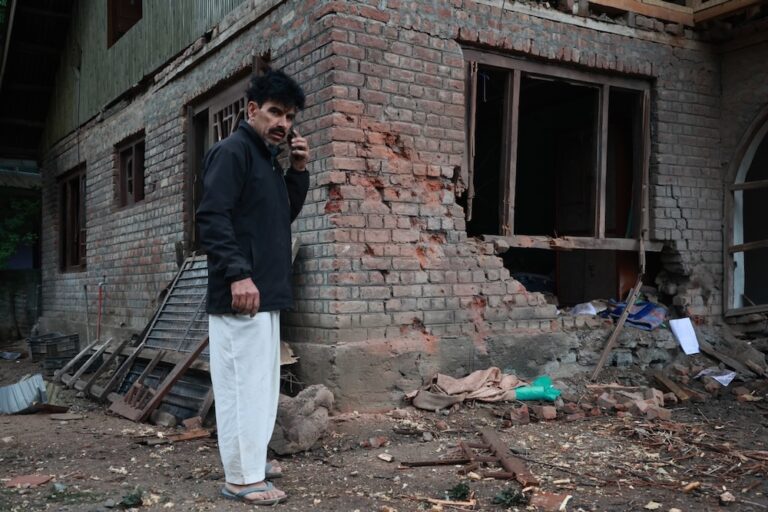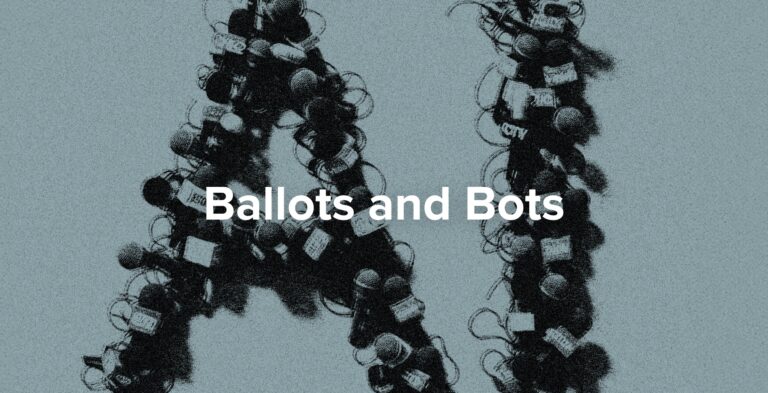Rushdie reportedly was forced to cancel his trip after he was informed by Indian intelligence sources that "paid assassins" were on their way to Mumbai to "eliminate" the author.
(PEN American Center/IFEX) – New York City, January 20, 2012 – PEN American Center today deplored the failure of the Indian government to guarantee the safety of the center’s former president and World Voices Festival of International Literature Chair Salman Rushdie in the face of alleged death threats surrounding the author’s planned appearance at the Jaipur Literature Festival.
Rushdie reportedly was forced to cancel his trip after he was informed by Indian intelligence sources that “paid assassins” were on their way to Mumbai to “eliminate” the author. The vice-chancellor of Darul Uloom Deoband seminary, which opposed Rushdie’s visit, reportedly insisted that the trip was canceled in the face of popular protests and called the cancellation “a victory for democracy.”
The following can be attributed to PEN American Center President Kwame Anthony Appiah:
India boasts that it is the world’s largest democracy. But freedom of expression is central to democracy and the government’s unwillingness or incapacity to protect Salman Rushdie’s right to speak in Jaipur undermines this proud claim. The vice-chancellor of the Darul Uloom Deoband seminary, Maulana Abul Qasim Nomani, has apparently opposed the visit on the grounds that The Satanic Verses offended the religious sentiments of Moslems; he should know that this argument offends the moral sentiments of those who of us who believe profoundly in freedom of expression.
The following can be attributed to PEN American Center Freedom to Write and International Program Director Larry Siems:
That the words “hired assassins” and “Literature Festival” are being uttered in the same sentence should give the whole world pause. PEN utterly deplores the threat of deadly violence against any author, and considers it the responsibility of governments to ensure that writers and all citizens are protected against such threats. The fundamental human right of freedom of expression depends on it.


